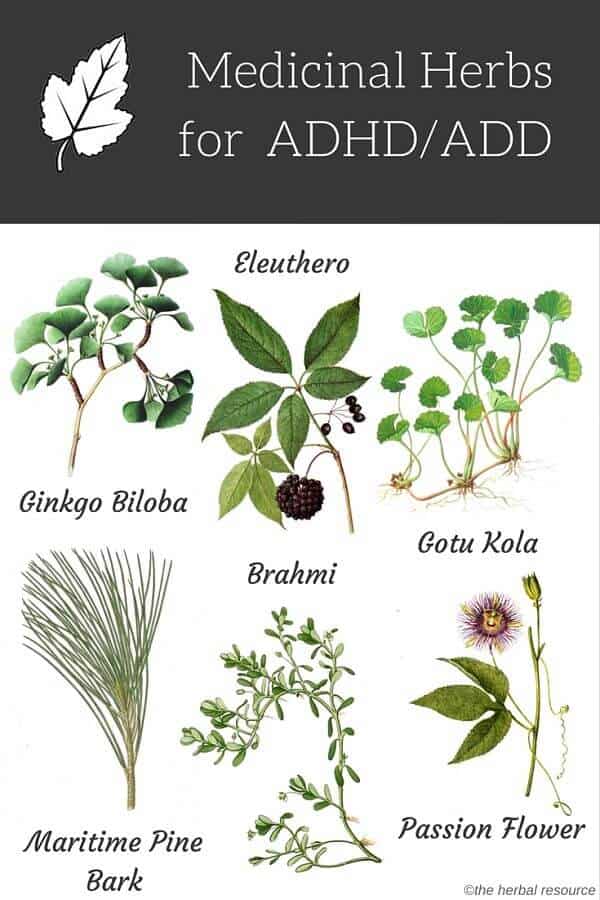natural herbs for xerostomia

Hey guys I wish you more fit, Right now i will share information about natural herbs for xerostomia complete with images and contents. Before stepping to discussion natural herbs for xerostomia there would be good we understand about the natural herbs for xerostomia.
natural herbs for xerostomia is quite busy wanted right now, especially natural herbs for xerostomia which will me share this is very complete with more information. In this modern era a lot technology that is sosophisticated, can be from Smartphone which you have very much do anything in the hands that you hold that. Want it looking for markets, outsiders, weird content it's all in your cellphone.
Article this time is part of content which has busy in the internet world that your hold . Of course the material that will me to share is very different from the other website, very special and reliable.
Looks like there's no need to more detail, let's go straight to the main discussion, Below information natural herbs for xerostomia complete with image.

Many of the diseases may not be present as an independent disease but found as an associated symptoms of an underlying health condition. One of such diseases affecting the oral mucosa is xerostomia. In this article we are going to discuss xerostomia, its possible causes, and clinical features, along with the best Ayurvedic treatment for this disease.
Xerostomia is the condition which is characterised by the dry mouth or excessive thirst. Xerostomia in general terms is the subjected feeling of dryness of the oral cavity. The disease is often associated with less functioning of salivary glands. This disease in Ayurvedic texts can be best correlated with thetrishna roga, which is arised due to theudaka vaha srotas dushti. (vitiation in the microchannels associated with the transport of water and other intracellular-extracellular fluid of the body). This condition is usually associated with hyposalivation, change in salivary composition, and other psychogenic conditions.
The clinical manifestations of the xerostomia include dry and sticky feeling in the mouth, sores in oral cavity, frequent thirst, sores at the corners of mouth, dry and cracked lips, feeling of dried throat, tingling or burning sensation in the tongue or in the whole mouth, red, tough, dry or raw tongue, problems in speaking, and intraoral halitosis (bad breath). Also xerostomia increases the susceptibility to oropharyngeal candidiasis, tooth decay, loose acrylic dentures, dental caries, acid erosions, suppurative sialadenitis. Further the associated symptoms may include altered sense of smell (dysosmia), metallic or other altered taste sensation (dysgeusia), and trouble chewing or swallowing (dysphagia) etc.

Trishna roga is characterised bymukhshosh(dryness of the mouth),swar bheda(altered voice),bhram(delusion),santaap(fever or burning sensation),pralap(delirium),taalu jihva shosh(dryness of palate and tongue),oshth shosh(dryness of the lips),jihva nirgam(protrusion of the tongue),murcha(episodes of fainting due to prolonged dehydration),aruchi(anorexia),badhirya(gradual deafness),marma peeda(pain in the vital points),sharir saathilya(flaccidness in the body). These all features of trishna roga are clearly visible in the patients with Xerostomia.
The physiological causes of xerostomia include decreased salivary flow during night time, due to mouth breathing, periods of anxiety, dehydration, in old age people as the senile changes in salivary glrnd tissues leads to the reduction in the salivary output. This condition can also be raised as a side effect of many allopathic medicines including atropine, hyoscine, anti-hypertensives, antidepressants, opioids, cytotoxic drugs, antihistamines, protease inhibitors, antireflex drugs such as Proton pump inhibitors (e.g. Omeprazole), diuretics, interleukin-2, benzodiazepines etc. These all medications that cause the condition of xerostomia as a complication is termed as xerogenic. Also, xerostomia is formed as a side effect of certain conditions such as anaemia, diabetes mellitus, HIV/AIDS, Sjoren’s Syndrome, Alzheimer’s disease, Salivary glands atresia or aplasia, Rheumatoid arthritis, stroke, Parkinson’s disease, Mumps, lupus, primary biliary cholangitis, cerebral palsy, Amyloidosis, sarcoidosis, cholinergic dysfunction, hepatitis-C patient, renal failure etc.
Dry mouth happens when the glands that produce saliva aren’t working well. It’s also called xerostomia or hyposalivation. It’s not considered an official diagnosable condition, but it’s sometimes a symptom of another condition.

Sipping water and staying hydrated can help relieve dry mouth. Studies have found that dehydration may be a factor in dry mouth. Increasing your water intake can help treat mild dehydration.
Dry mouth may be both a symptom and a cause of poor oral hygiene. Improving oral routines could be crucial to protecting the health of your mouth. This includes frequent flossing, fluoride toothpaste use, and mouthwash use.
Xerostomiawhich is more commonly referred to as dry mouth describes any condition where the mouth becomes unusually dry.Dry mouth is usually caused when the salivary glands produce less saliva than normal often as a result of taking certain medications.









































































How?, perfect isn't the article?. Hopefully with content natural herbs for xerostomia this, the aggan the problem can be solved and entertained thanks to article this.
All of me, Hopefully topic about natural herbs for xerostomia those can be useful for all of you readers. End word. Thank You for everything.